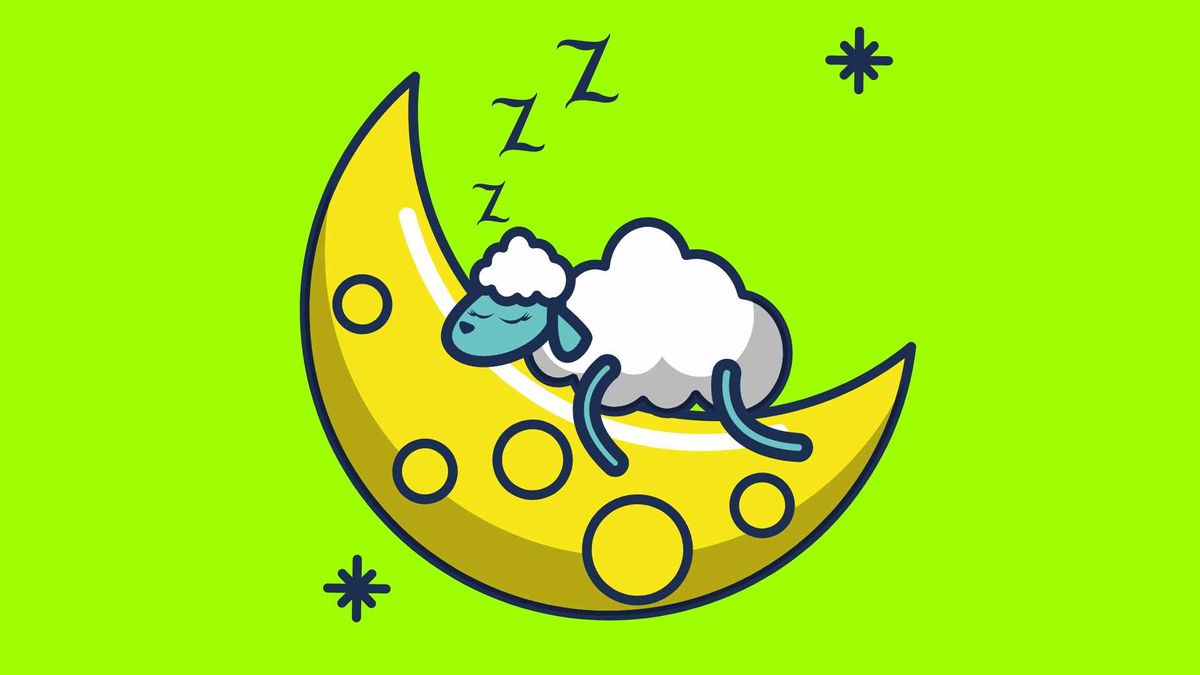Sleep series: Problems caused by lack of sleep
We all know lack of sleep can leave you feeling generally run down and fatigued. But when it comes to the actual long term, emotional and even medical problems sleep deprivation can cause, not all of us are in the know.

Lack of sleep?
We all know lack of sleep can leave you feeling generally run down and fatigued. But when it comes to the actual long term, emotional and even medical problems sleep deprivation can cause, not all of us are in the know. Not sleeping enough can do a considerable amount of damage if left unchecked – in ways you may not even expect or consider.
If you’re currently struggling with sleep, or simply aren’t getting to bed at a reasonable time, it’s likely the rest of your body could be suffering the effects. Here are just a few of the problems that lack of sleep can cause:
Lack of concentration and motivation
There’s nothing like a sleepless night to make you feel unmotivated at work, or unable to concentrate on just about anything in your life. While this may not seem that significant a consequence, that changes when it comes to people that drive to work, operate machinery or look after children regularly. The NHS rewfer to this as brain fog, which makes it incredibly hard to make quick decisions and stay safe, especially behind the wheel of a car. Lack of motivation and perceived interest can also put a strain on your performance at work, and your relationships with those around you.
Physical health problems and issues
Sleep deprivation doesn’t just affect our brains. It also can have a toll on your whole body, in a range of different ways. Harvard Med has found that lack of sleep puts you at a higher risk of numerous diseases. This includes anything from diabetes to high blood pressure and even heart conditions, in some instances. Prolonged or long-term sleep loss can lead to you becoming physically ill.
Lack of sleep also impacts your immune system, which means you’re more likely to get every cold and flu that’s making the rounds. Not sleeping enough has even been linked to obesity and an increased BMI.
So it’s well worth getting 8+ hours in if you want to stay healthy and happy.

Difficulty with mood and mental health
It’s no surprise that poor sleep can lead to a negative mood. Even after a single bad night, you’re likely to become irritable and more ‘snappy’ than you would be with a full night’s rest. REM – rapid eye movement – is one state in our sleep cycle that’s said to have a massive impact on our emotional wellbeing, because of the way it affects our brain. As such, not getting enough REM can lead to increased stress, anxiety or even depression, especially if you have a chronic inability to sleep known as insomnia. But whether your sleep problems are long-term or not, they can harm your mental health either way.

With sleep affecting and influencing so many areas of our health and wellbeing, it’s no wonder it’s considered one of the most important things you can do to stay healthy.
While there’s plenty about sleep we still don’t know, we do know that at least 8 hours a night is a must to be fully functional, and optimal when it comes to our health. By working towards better sleeping habits, you’re not only making yourself feel better in the moment. You’re also reducing risk and preventing physical, mental and emotional stress for the future.
Enjoy Simulators!
Want to know more about sleep? read this ...







